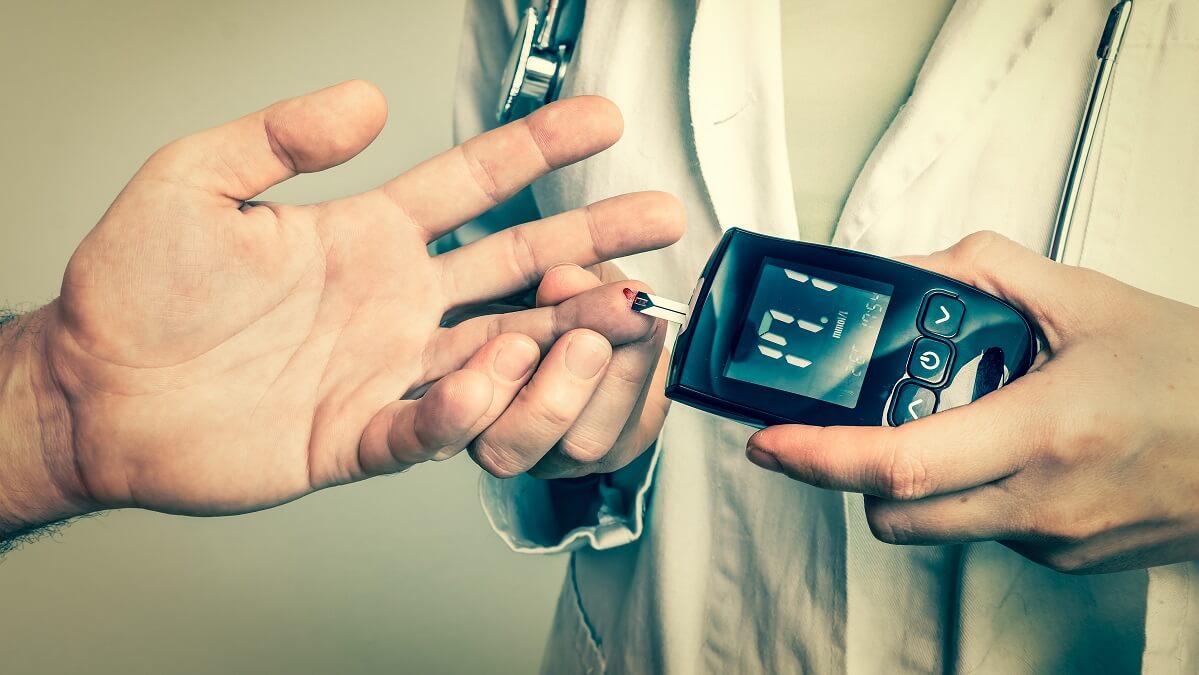One in five people may be on their way to type 2 diabetes and not even know it, new research has revealed. But, the good news is that this alarming finding may lead to even earlier diabetes detection methods and better treatment options.
One in five adults who would be considered medically healthy may actually have glucose metabolism similar to someone with prediabetes.
Prediabetes, as the name suggests, is a condition someone may experience before going on to develop type 2 diabetes.
If you have prediabetes, your blood glucose levels will be higher than normal, but not so high as to be classed as diabetes. Those with prediabetes are 10 to 20 times more likely to develop full-blown diabetes.
There are usually no symptoms with prediabetes, and the condition is usually being picked up by routine blood tests for unrelated reasons.
But now, researchers have identified a metabolic process that has the potential to act as an early warning signal for prediabetes, in much the same way prediabetes warns against actual diabetes.
In the study, published in the journal Mayo Clinic Proceedings: Digital Health, researchers demonstrated a new analysis method that uses data collected from continuous glucose monitors (CGMs).
Using this data, the team was able to flag a precursor to prediabetes known as impaired glucose homeostasis (IGH). When the data was put through the new mathematical analysis model, the researchers found around one in five study participants, considered healthy by medical standards, actually had glucose metabolism similar to those with prediabetes.
Jaycee Kaufman, research scientist and lead author of the study, says the blood sugar peaks and troughs seen in IGH patients are like smaller versions of those seen in people with diabetes.
“For people with diabetes, blood glucose levels can rise and fall like a wild roller-coaster ride with steep drops and peaks,” she says.
“We found a similar pattern in patients with IGH, albeit those patterns were more like gentle waves than dramatic peaks, but intervention on this population could limit the likelihood of progression to full diabetes.”
For the study, researchers enlisted 384 people and fitted them with a CGM. Participants wore the CGM for two weeks and were assessed by a doctor afterwards.
The participants were either diagnosed with diabetes or prediabetes or were considered “healthy”, according to guidelines from the American Diabetes Association.
Study participants were then reclassified into two groups – those with IGH and those with effective glucose homeostasis.
The team was surprised to find that 20 per cent of those who had been classified healthy also fell into the IGH category, meaning they were at risk of developing prediabetes despite being cleared.
With treatments for diabetes advancing in recent years, the demand for screening methods to find at-risk individuals is growing.
The team hopes this new analytical method will provide an even earlier screening point for diabetes.
Would you want to know your diabetes risk? Could earlier detection have helped you? Let us know in the comments section below.
Also read: Surprising type 2 diabetes risk found


I bought the 2 week Glucose Monitor recently and my doctor just put it on in about 2 seconds. No pain at all.
Very interesting to see on your phone App exactly how different foods and exercise affects glucose levels. We are all different you see. You can check as often as you like and it stores the results so you can make notes and look back. A great investment in good health.